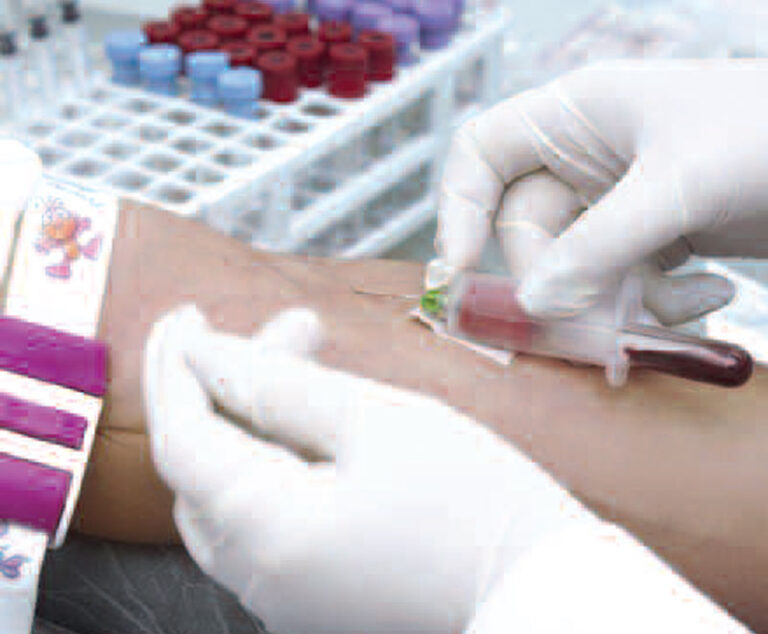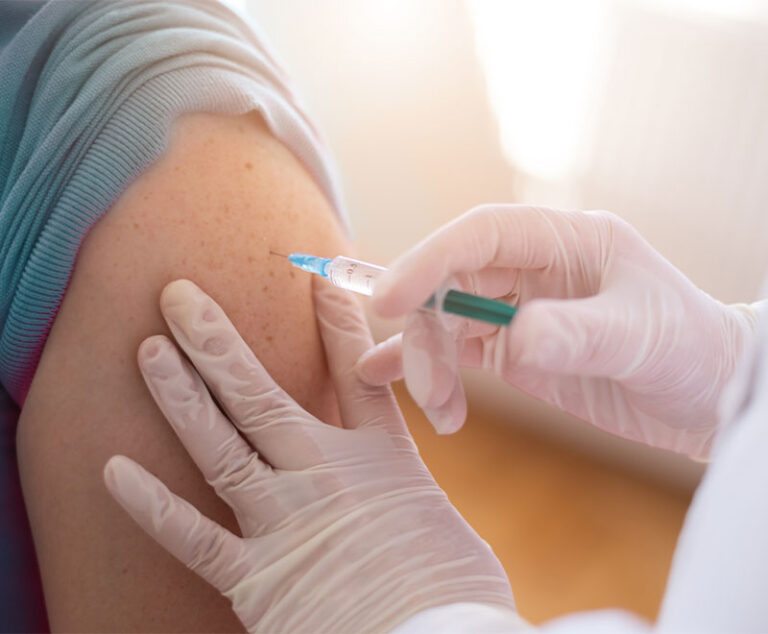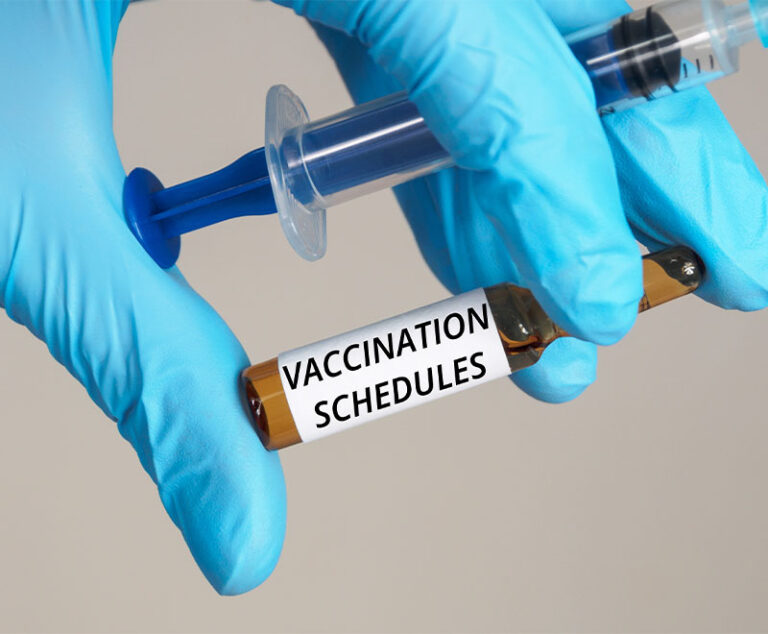Industry News
Research, Science & Manufacturer Updates
The U.S. Department ofHealth and Human Services establisheda network of five clinical research organizations aimed to design and conduct clinical studies required to develop medical countermeasures, including vaccines, drugs and diagnostic tests, that can help protect Americans against bioterrorism, pandemic influenza and other widespread health emergencies.
Positive results have been shown with the completion of pathfinder2 for hemophilia A patients 12 years and older.
The Centers for Medicare andMedicaid Services (CMS) will increase the overall rate it pays Medicare Advantage plans by 0.4 percent in 2015.
Researchers in Finland and Estonia have discovered novel biological markers that are strongly indicative of the risk of dying from any disease within the next five years.
According to the U.S. Centers for Disease Control and Prevention, adult vaccination coverage remains well below Healthy People 2020 targets.
Researchers at the University of Arizona say they may have discovered both the origin of the influenza pandemic of 1918 that left 50 million dead worldwide.
Researchers recently conducted a quality improvement project to increase uptake of the influenza vaccine among healthcare personnel at a university student health center.
Update on HIV/AIDS, meningococcal Group B, tetanus, diphtheria, pertussis and dengue vaccines.
A recent study shows that a vaccine typically used to prevent tuberculosis in countries outside of the U.S. could also prevent multiple sclerosis (MS) in people who are in the beginning stages of the disease.
Pfizer has paid $25 million for the license rights to an experimental, preclinical drug designed to replace pooled intravenous immune globulin (IVIG) therapy to treat autoimmune diseases.
The Advisory Committee on Immunization Practices (ACIP) approved the Recommended Immunization Schedule for Adults Aged 19 Years or Older for 2014.
The Centers for Medicare & Medicaid Services (CMS) has delayed the new “two midnight” rule for Medicare hospital admissions until after Sept. 30, 2014.











